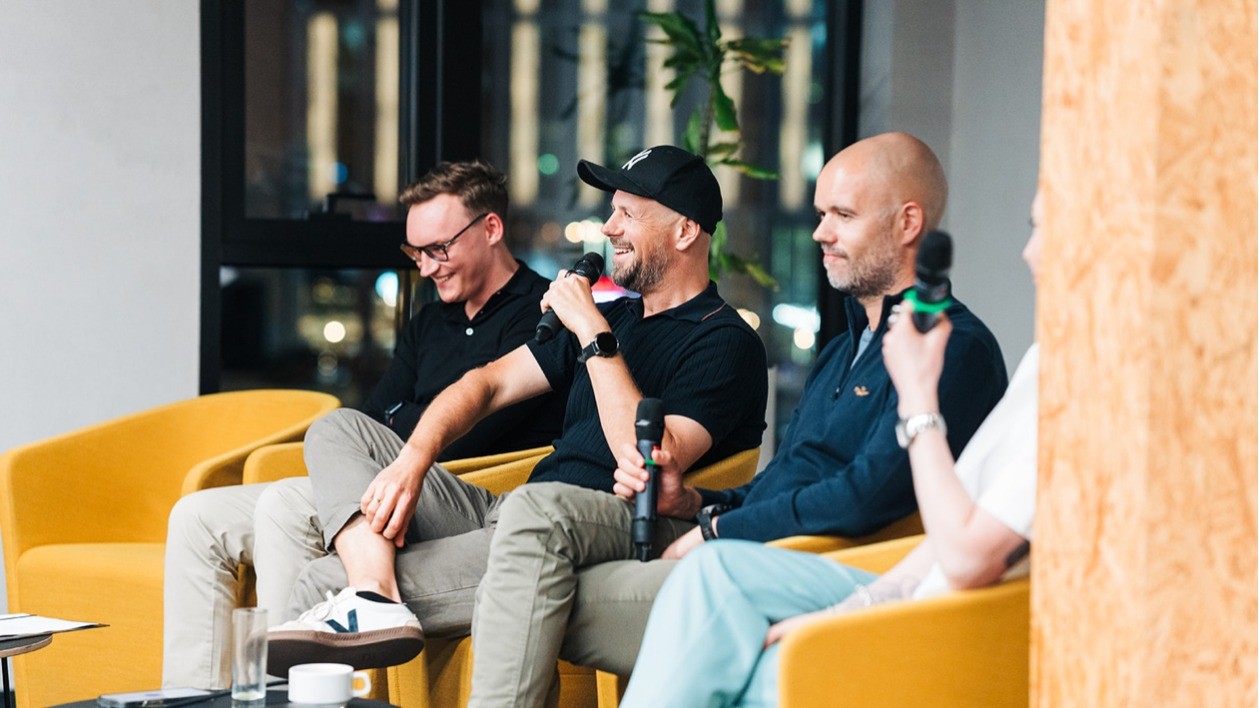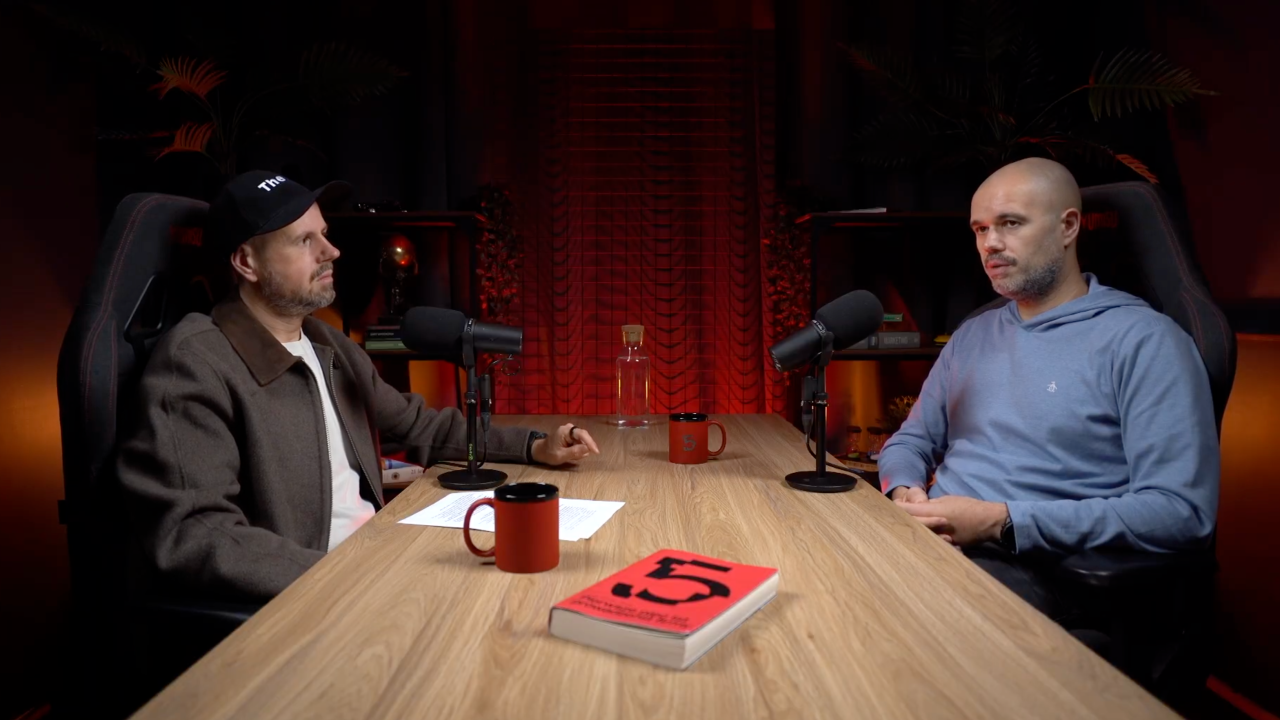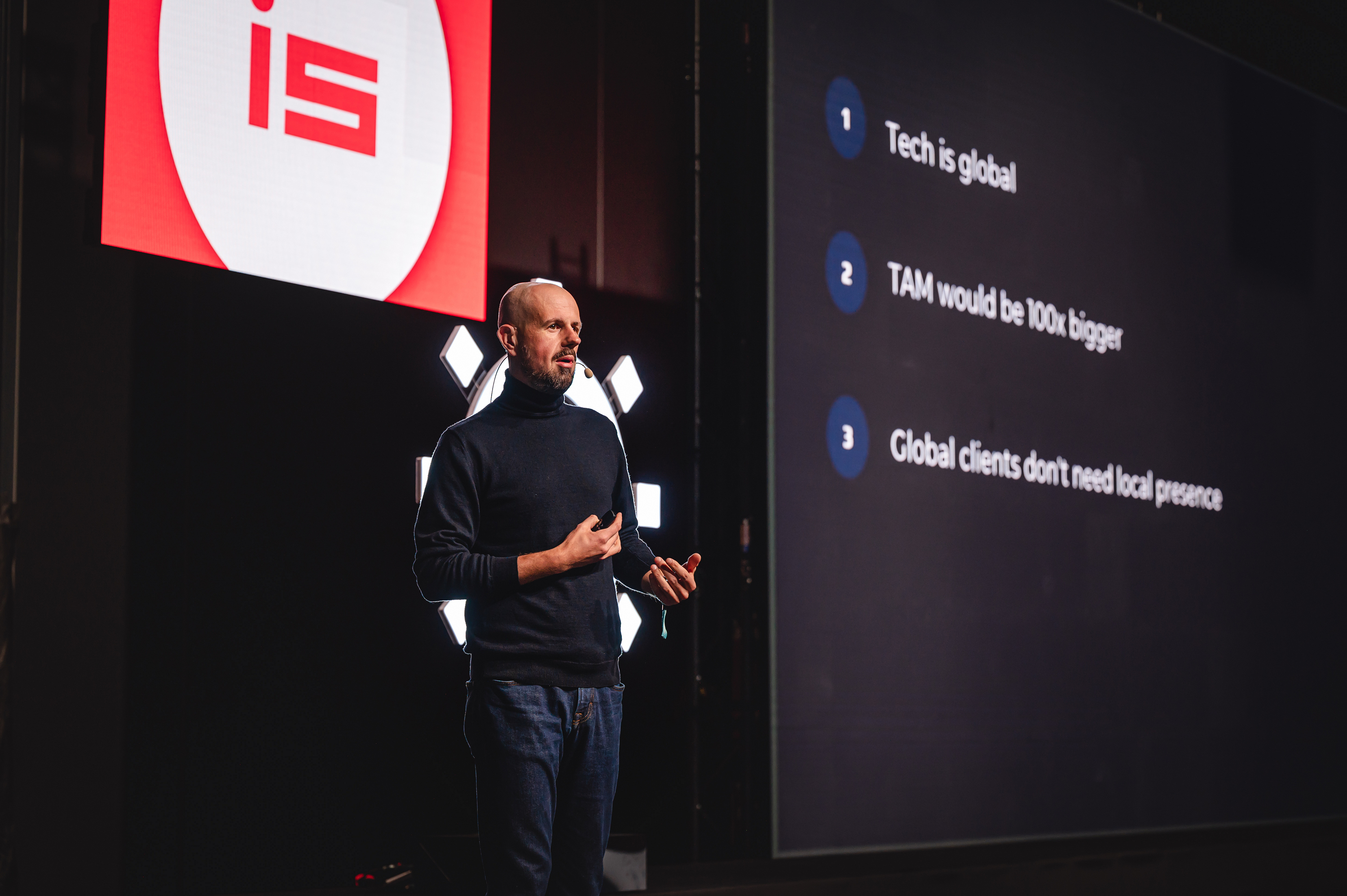Most companies today use only 5–10% of the features in the software they pay for. That’s not just wasteful - it’s a giant opportunity for disruption. What if AI could rebuild just that useful fraction, tailor-made for each company, with no need for bloated licenses or endless dev hours?
Let’s explore where the industry might be heading. I might be wrong, but I think this shift is coming fast - and it will be brutal for the unprepared.
From licensing and dev hours to business outcomes
Enterprises are done paying for:
- - Excess software features they don’t use
- - Developer hours with unclear ROI
They’re shifting to one thing: measurable outcomes.
That’s why Value-Based Pricing (VBP) is gaining ground. Clients will pay you for impact, not input. If you can't quantify your value, you're out.
This changes the entire business model. SaaS pricing will evolve. Consulting projects will be scoped around results, not time spent.
The rise of IP-powered consulting firms
The winners of this new era? Companies that blend:
- - Sharp business acumen (like boutique consultancies)
- - Unique, scalable IP (like focused software companies)
Here’s the kicker: AI won’t replace developers. But it will replace developers without context.
You need to feed it:
- - Your own APIs
- - Clean, domain-specific data
- - Reusable code components
That’s your new moat. Your custom libraries and private IP become the leverage behind every project.
Two paths forward
If you run a SaaS company:
Shipping features isn’t enough. You’ll need to wrap your product in expert services and tie it directly to ROI.
If you run an agency or software house:
Billing for developer hours? That’s a slow death. Start building your own unique tech stack. Find verticals you know well, productize the patterns, and scale.
The change will be sudden
Right now, many large companies are hesitant. They’re afraid of hallucinations, probabilistic answers, or lack of control.
But just like in “Crossing the Chasm” or “Inside the Tornado” - corporate adoption is slow... until it’s not.
Once they move, they move fast.
The consultancies and software firms clinging to outdated models will be caught off guard. The ones who already built their own outcome-driven, AI-powered delivery will win the next decade.
Here’s a recap of the top objections I heard - and how I see them.
“Value-based pricing won’t work - too political, too risky, hard to measure.”
True. That’s exactly why it’s a moat.
It filters out the bullshitters.
It rewards companies that can deliver real outcomes - not just time sheets and feature checklists.
Startups are already doing it. Not because it's trendy, but because it's how they win against incumbents.
No exec wakes up and says “let’s do value-based pricing.” But if your competitor does - and gets paid more for delivering outcomes - you’ll be forced to catch up.
“AI can’t rebuild complex software. Too many edge cases, too much legacy logic.”
Also true. If you rely on raw AI, you’ll get raw output.
But that’s not the point. Combine AI with:
- - internal IP,
- - proprietary APIs,
- - deep industry context, and now you have a compounding advantage.
This isn’t about replacing humans. It’s about augmenting their speed, creativity, and delivery model.
“Agencies can’t build IP. If they do, they become product companies.”
This one made me laugh. Because… yes!
That’s literally the point.
The era of generalist agencies selling hours is over.
The future belongs to specialist firms building reusable value - whether that’s frameworks, micro-products, or data sets.
Look at Callstack, Rigby, or what we did with Divante.
We sold the services. We kept the IP: Open Loyalty and Alokai (ex-Vue Storefront).
Are they product companies? Agencies? Doesn’t matter. They're winning.
“This shift will take forever. People hate change.”
Sure. Until they don’t.
Change in enterprise always follows the Inside the Tornado curve:
It’s slow. Slow. Slow. Then it flips.
The window between status quo and adoption is the opportunity.
That’s when you build.
When others debate, you ship.
In short:
The future is not evenly distributed. But it’s already being built.
And I’m betting on the builders.
Some datapoints
- AI Is Driving A Shift Towards Outcome-Based Pricing
- 74% of companies struggle to achieve and scale value from AIAI Adoption in 2024
If you're an Enterprise Software entrepreneur building for this new era - or planning to transform fast - I'd love to invest. Let’s talk.
👉 Follow me on LinkedIn for more thoughts like this.

.svg)
.svg)
.svg)
.png)

.svg)
.svg)
.svg)



